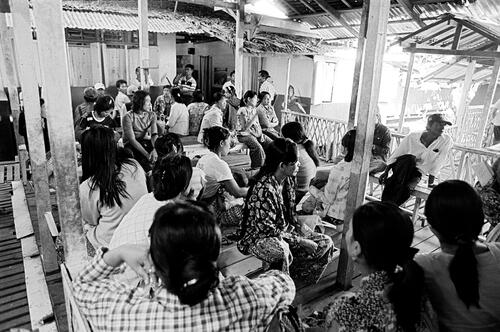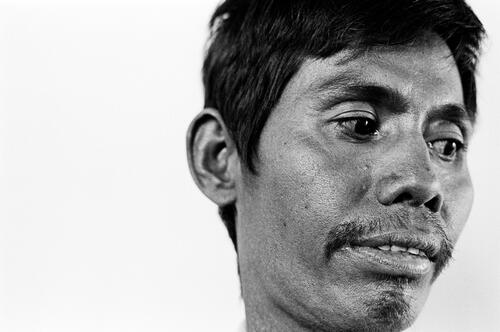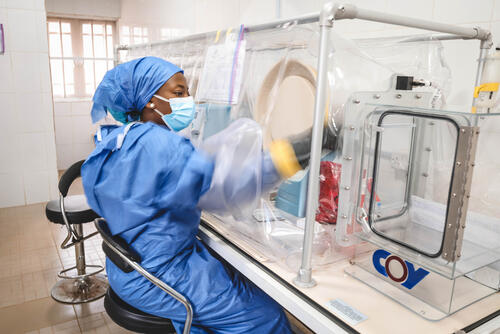Executive Summary
The UN estimates that over the last few years between 15,000 – 20,000 people living with HIV die annually in Myanmar, because of lack of access to urgent lifesaving anti-retroviral therapy (ART).
Lives in the Balance outlines the situation for people affected by HIV and TB, with a special focus on multidrug-resistant TB (MDR-TB), in Myanmar today. It calls for urgent funding and assistance to be made available by the international donor community to help Myanmar close the devastating gap between people’s need and people’s access to treatment for HIV and TB.
An estimated 120,000 people living with HIV/AIDS are in need of lifesaving ART, in Myanmar. In 2010, according to national estimates, less than 30,000 of these received it.
Meanwhile, TB prevalence in Myanmar is nearly three times the global average, and the country has high levels MDR-TB4 The World Health Organization (WHO) estimates that there are 9,300 new cases of MDR-TB in Myanmar each year. By 2010, 192 MDR-TB patients had been started on treatment. Unpublished figures indicate that by the end of 2011, this had increased to over 300. This remains far short of what is needed.
In 2011, following a five year absence – the Global Fund to Fight AIDS, Tuberculosis and Malaria’ restarted in Myanmar (in Round 9). The money allocated was crucial to laying the foundations for Myanmar’s efforts to provide treatment for HIV and TB. In expectation of further funding, the Myanmar Ministry of Health, and Non-Governmental Organisations (NGOs) have started to make credible efforts towards scaling up treatment.
The loss of the anticipated funds for HIV and TB treatment is a tremendous blow to Myanmar, the least developed country in Southeast Asia. And one of the lowest recipients of Official Development Aid in the world.





